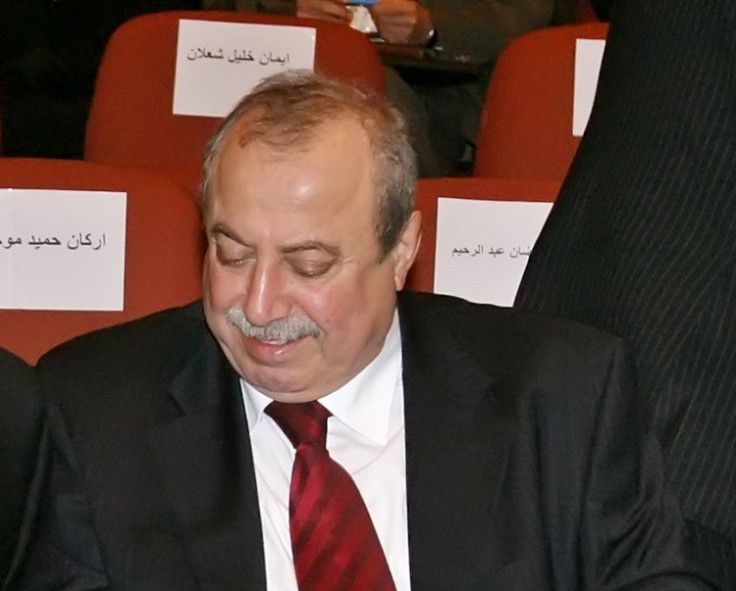Iraq Deputy PM Rowsch Shaways: War-Torn Country Has Problems but 'Economic Growth Not One of Them'

Dr Rowsch Nuri Shaways, Iraq's deputy prime minister, pointed to the dramatic economic progress of the conflict-scarred state as a reason to invest in its rebuilding following more than a decade of war.
In the aftermath of a US-led military intervention and subsequent occupation of Iraq, the country has been blighted by sectarian violence leading to the deaths of thousands of civilians. Attacks by Sunni militants linked to terror group al-Qaeda have been almost daily during the worst periods.
Iraq is now in the hands of its own political and security institutions. It is trying to repair the damage done during the war and when it was ruled by despotic Saddam Hussein.
"In the case of my country, it is worthwhile indicating that Iraq has [been relatively unaffected] by the consequences of the recent financial and economic crisis," said Shaways in a speech at the 9<sup>th World Islamic Economic Forum (WIEF) in London.
"The Wall Street banks indicate that amongst all the major economies, Iraq is going to be the only economy that will post double-digit growth."
He said Iraqi GDP grew by 10.5% in 2012 and is expected to grow by another 33% in the coming three years.
"These facts are a guarantee for international businesses and confirm that Iraq is a suitable place for work and investment. Iraq may have its problems, but economic growth is not one of them," he said.
The desire to tackle terrorism should unite Islamic countries and help them collaborate in economic development, Shaways said.
"Terrorism has become a worrying international phenomenon that affects our countries in many different ways," he said.
"Our resolution to battle terrorism adds another necessity and dimension to our relations and co-operation in the areas of knowledge, technology and development in order to eliminate terrorism and its causes."
Speaking at the same event, Hamid Karzai, president of Afghanistan, said that terrorism and violence have "caused insecurity and robbed us of the opportunity to continue on a normal path of development."
© Copyright IBTimes 2025. All rights reserved.






















